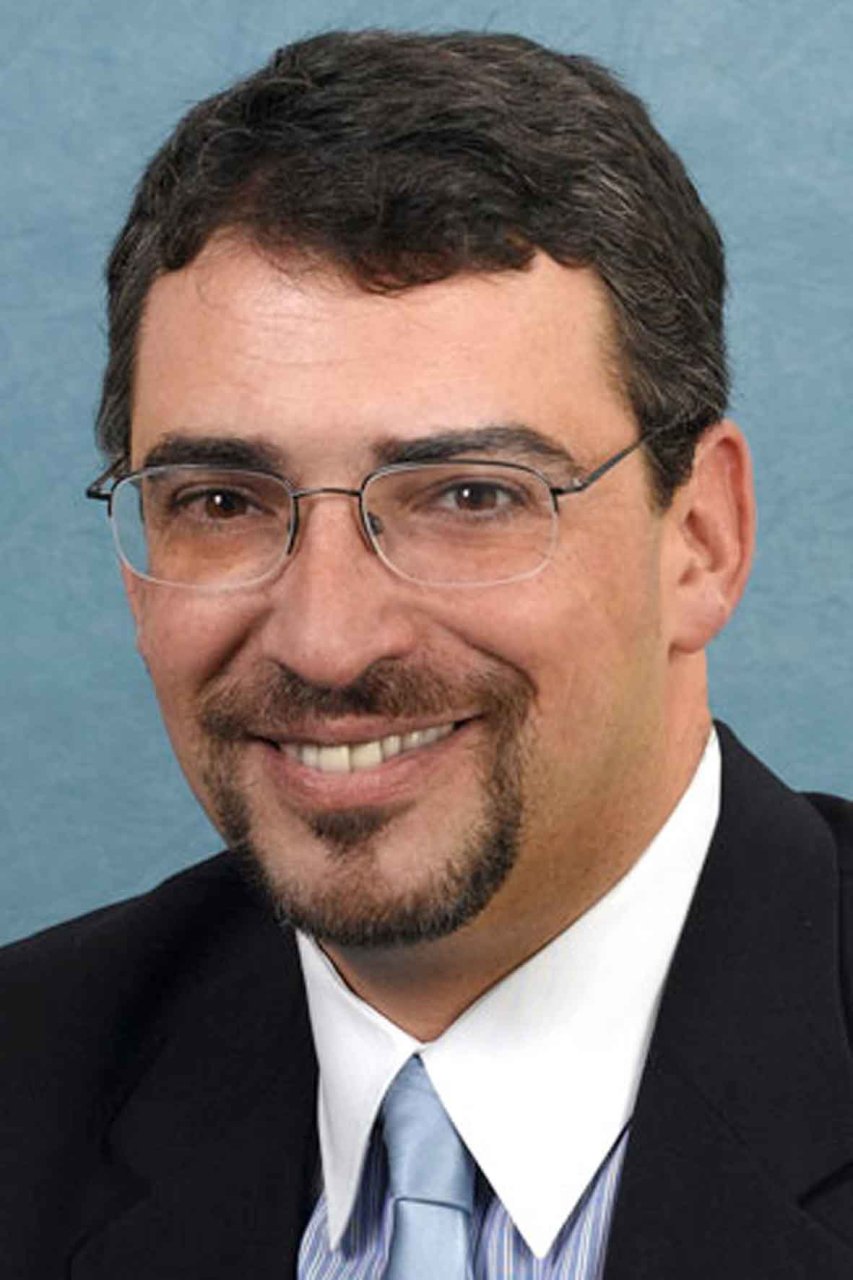The United States, Washington, July 22 / Trend , N.Bogdanova/
The G-8 leaders' statement on Karabakh testifies that the profile of this conflict is rather high, Head of the Russia, Eurasia and International Energy Security Department of The Heritage Foundation (U.S.), Political Scientist, Ariel Cohen believes.
"The Nagorno-Karabakh conflict is one of the most difficult ones on the planet and G-8 seeks to resolve it to reduce tensions in the South Caucasus," Cohen told Trend .
At the recent summit, the G-8 leaders made a statement on the Nagorno-Karabakh conflict in which they urged the Azerbaijani and Armenian leaders to resolve the remaining differences and finish the peace settlement.
Cohen said that neither side is prepared to yield its interests: Azerbaijan is focusing on its sovereignty and Armenian is making claims on the territory of Nagorno-Karabakh.
"I think it would be beneficial for both parties if the Armenian population of Karabakh were to be allowed to live here and Azerbaijan were to maintain its sovereignty," he said.
Cohen said that the borders of the former Soviet Union should not be considered in Karabakh, in Abkhazia or Ossetia.
People's diplomacy can play an important role to form public support in the settlement of the conflict, Cohen believes.
In early July, the Azerbaijani and Armenian representatives visited Baku, Yerevan and Nagorno-Karabakh.
"At the end of the day, this is a question for the two countries' leaders, as well as the groups and institutes supporting and opposing them," Cohen said. "They make the decisions on war and peace, which include Nagorno-Karabakh."
The conflict between the two South Caucasus countries began in 1988 when Armenia made territorial claims against Azerbaijan. Armenian armed forces have occupied 20 percent of Azerbaijan since 1992, including the Nagorno-Karabakh region and 7 surrounding districts. Azerbaijan and Armenia signed a ceasefire agreement in 1994. The co-chairs of the OSCE Minsk Group - Russia, France, and the U.S. - are currently holding the peace negotiations.






